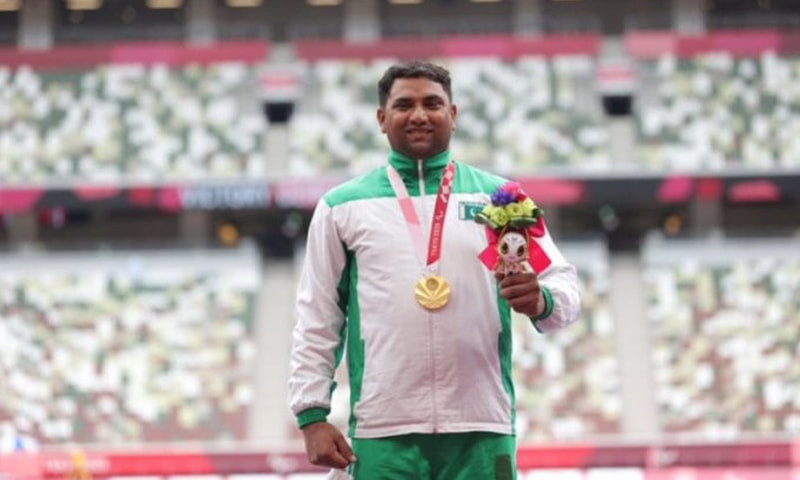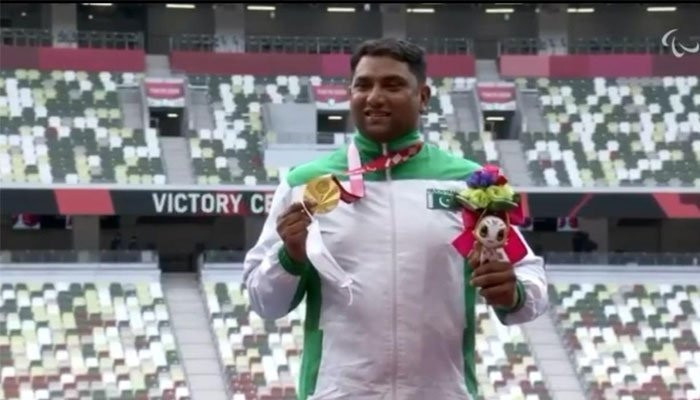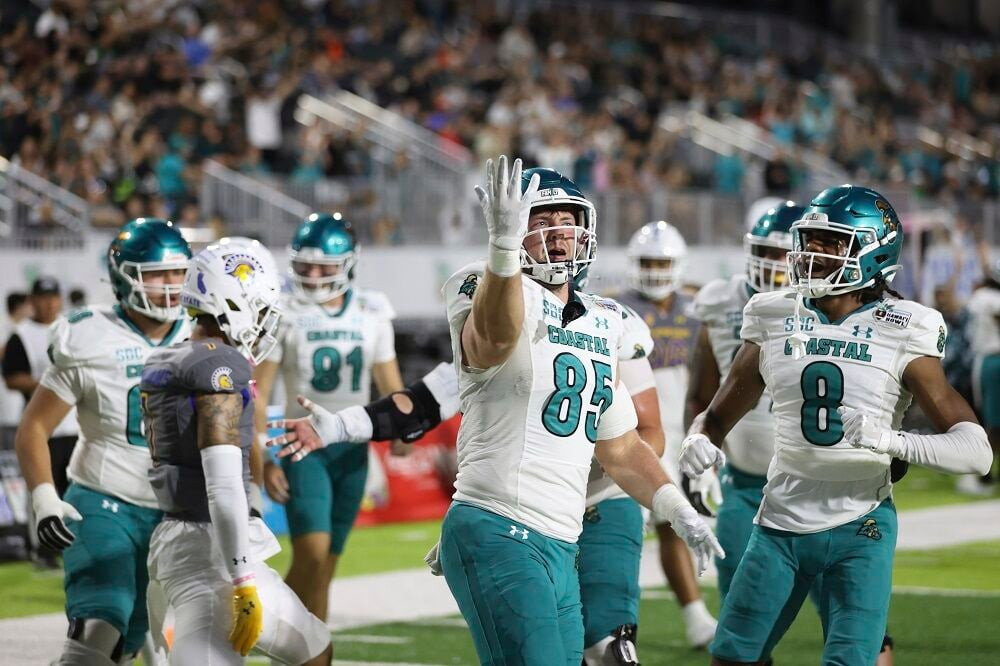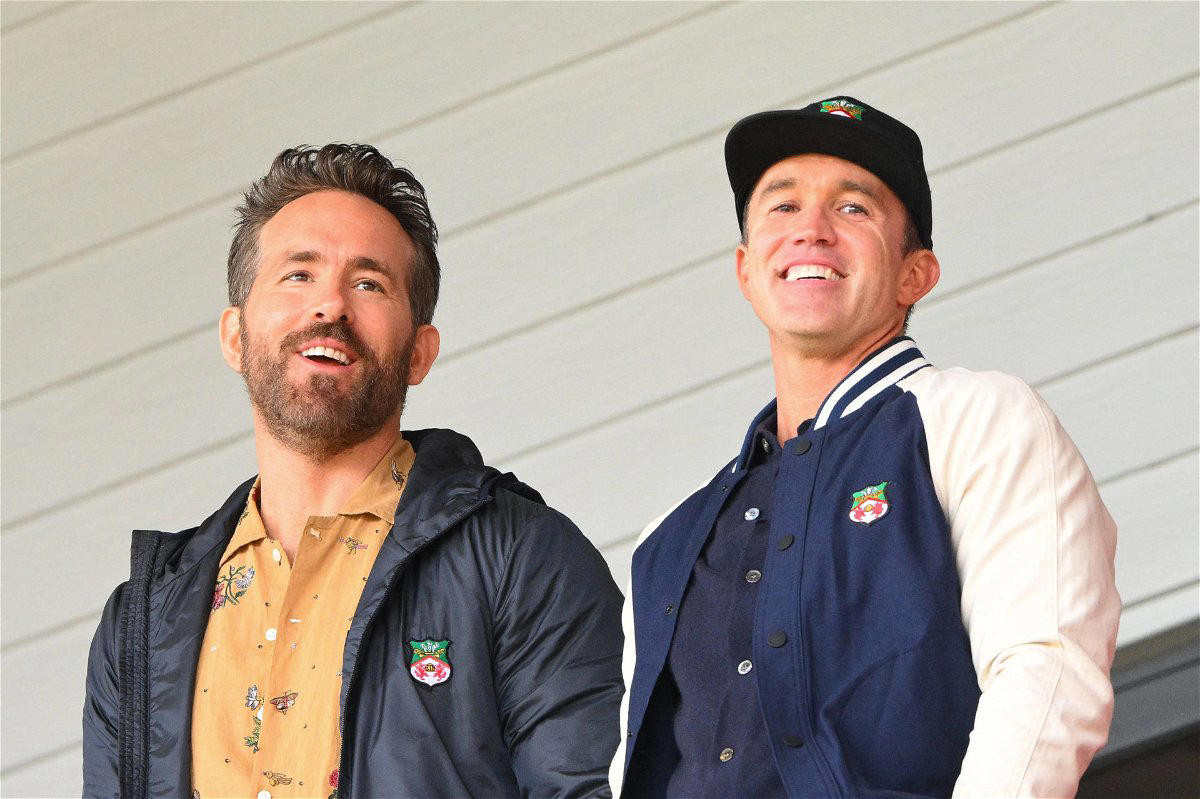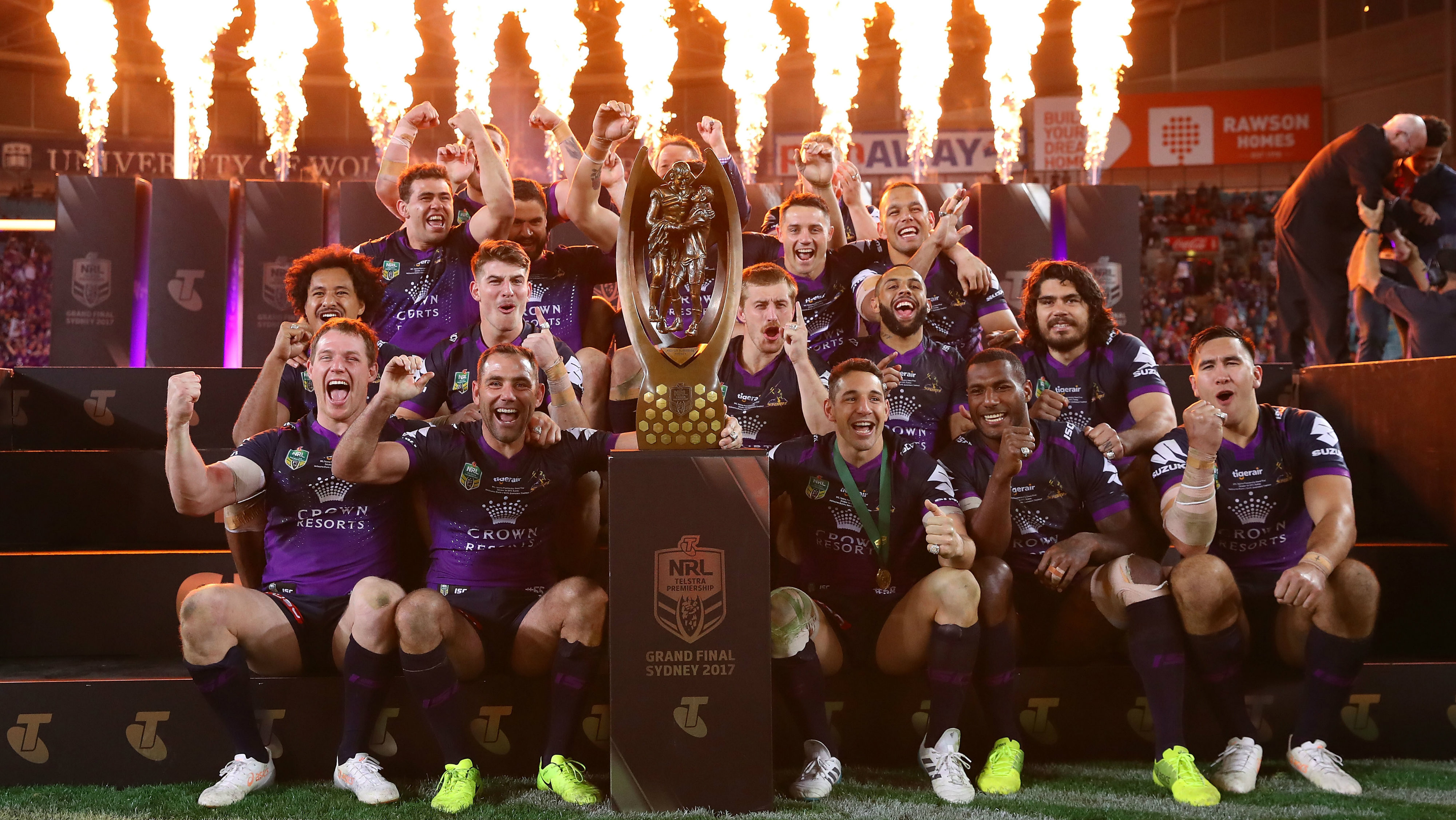The Paralympics 2024 officially commenced with a dazzling opening ceremony in Paris on August 28. This marks the beginning of an exciting chapter in the global sporting calendar, following the successful conclusion of the Olympics earlier this month. Pakistan’s sole representative at the Paralympic Games this year is Haider Ali, a distinguished athlete who has consistently demonstrated exceptional talent. Accompanied by his coach, Akbar Ali, Haider is set to make his mark on the world stage. His qualification for the Paris 2024 Paralympics came after an outstanding performance at the Asian Para Games in Hangzhou, China, where he secured the gold medal in discus throw with a remarkable throw of 51.23 meters.
Haider, hailing from Gujranwala, will compete in the F37 category of the discus throw event on September 6. This appearance will be Haider’s fifth at the Paralympic Games, highlighting his long-standing commitment and excellence in para-sports. His gold medal win at the Tokyo 2020 Paralympics with a throw of 55.26 meters was a historic achievement, making him the first Pakistani to earn a gold medal in this event.
In addition to his Tokyo triumph, Haider has a notable history of success. He won a silver medal in the long jump at the 2008 Beijing Paralympics and a bronze in the same event at the 2016 Rio Paralympics. An injury prevented his participation in the 2012 London Paralympics.
Haider has consistently demonstrated resilience and skill throughout his career.
The Road to Paris
Twenty years ago, Haider Ali was a teenager from Gujranwala living with Cerebral Palsy. He didn’t know he’d be a Paralympic champion someday, but today, he’s going in to defend his title in the Men’s Discus Throw F37. The journey to this point has been a long one, but Ali has been well-supported every step of the way.
It was 2005 when Ali’s talent caught the eye of sports officials at a training camp in Faisalabad. After being classified for para sports by national classifier Dr Rabab, Ali was given comprehensive training as a track and field athlete, particularly in long jump, discus throw, high jump, 100m and 200m.
He made his international debut a year later at the 2006 FESPIC Games in Kuala Lumpur, bagging one gold and three silver medals. To date, that competition remains his most successful one. His coach, Akbar Ali Mughal, has been with him since 2006.
In 2010, the FESPIC Games were renamed to Asian Para Games, which Ali has competed in three more times since Kuala Lumpur.
In the 2010 Games in Guangzhou, Ali won a gold in Long Jump F37 and a bronze in 100m T38. In 2018, he won two gold medals in the Discus Throw F37 and Javelin Throw F37/38, as well as a bronze in Long Jump T37/38. He repeated his gold medal feat in Discus at the 2022 Hangzhou Asian Para Games.
“This holistic approach successfully prepared him for competitive para sports,” Imran Jamil Shami, NPC Secretary, told Dawn.com.
The committee offered crucial financial support to Ali, who was subsequently employed by the Faisalabad Electric Supply Company.
A One-Man Show
Pakistan’s medal count at the Paralympics has been a one-man show courtesy of Ali, who’s won a medal of each colour.
His first was a silver at his debut at the Beijing 2008 Games in the men’s Long Jump F37/38 with a 6.44 metre jump. Tunisian athlete Farhat Chida covered the same distance, but because all six of his jumps were successful — compared to four of Ali’s — Chida won gold. The distance was also a world record for the event at the time.
Ali narrowly missed out on a podium finish after placing fourth in Discus Throw F37/38. He finished fifth in his heat in the Men’s 200m T38, and last in the Men’s 100m T38.
London 2012 was the only Paralympics he’s left without a medal so far, apparently troubled by a hamstring injury.
At the Rio 2016 Games, he clinched a bronze in the men’s T37 long jump. Like Paris, he was the country’s sole participant and flag-bearer at the opening ceremony.
A recurring hamstring injury forced Ali to switch from long jump to Discus Throw, which has been his primary event in recent years.
Ali finally struck gold at the Tokyo 2020 Games in the Men’s Discus Throw F37.
Now at his fifth Paralympic Games, Ali has made good on that promise as the country’s sole participant this year.
A Legacy of Achievement
Since Pakistan made its debut at the Paralympic Games in Barcelona 1992, Ali has been the country’s most successful athlete.
Shami acknowledged Pakistan’s paltry presence at the Paris Games, attributing it to inadequate support and patronage from government and corporate entities.
“[There is] widespread misconception that parasports are merely recreational or symbolic, rather than highly competitive events held to the same standards as the Olympics, with strict rules and regulations governing them,” Shami explained.
An additional challenge confronting para sports in Pakistan, Shami went on to say, was the inadequate accessibility of sport infrastructure.
“[There is] an absence of domestically manufactured sports-specific equipment, such as specialized wheelchairs for various parasports,” Shami told Dawn.com.
Pakistan has a shortage of assistive devices, including prosthetic and orthotics, which are paramount for athletes with disabilities.
“Addressing these challenges is crucial to promoting inclusivity and advancing para sports in Pakistan,” Shami said.
While institutional changes will not occur overnight, Shami said the NPC is confident Ali will repeat his golden streak in Paris.
“While we have identified technical flaws in his throwing technique, we have worked diligently to help him overcome these challenges through intensive training,” Shami said.
“We now look forward to a successful outcome.”
Ali has the second best throw among today’s contenders, with a personal best of 55.26m achieved in Tokyo. Ukraine’s Mykola Zhabnyak marginally leads the field with a 55.71m PB.
Ali’s PB is farther than the national record for 55.10m made by Bisharat Ali in 2006.
According to the NPC, Ali was conferred with the Pride of Pakistan in 2021.
Overcoming Challenges
Cerebral palsy (CP) is a group of conditions that affect movement and posture, typically caused by damage that occurs to the developing brain, most often before birth, according to Mayo Clinic.
Symptoms of CP vary, but may include muscle weakness, stiffness or spasticity; poor coordination and balance; difficulty with speech, vision or hearing; and delayed or absent motor skills development.
Ali, who lives with Cerebral Palsy, has weakness in the calf muscle of his right leg, which presents a physical challenge for him, according to the NPC.
Para athletes are classified into various sport classes in para athletics to ensure fair competition and equal opportunities for athletes with different types of impairments, the NPC explained.
The classification system allows athletes to compete against others with similar abilities and needs, providing a level playing field.
Ali underwent his initial classification at the 2006 FESPIC Games in Kuala Lumpur, where a panel of International Classifiers assigned him to sport class T/F-38, according to the NPC. Due to the combination of classes for competition purposes, he competed alongside athletes in both classes for an extended period.
“However, as Ali’s calf muscle power began to decline, the NPC’s chief classifier requested a review of his classification. Following this assessment, Haider Ali has now been reclassified to sport class T/F-37, which better reflects his current abilities,” the NPC said.
The main difference between Ali’s former and current classification is that F38 is a less impaired class compared to F37, with athletes having more control and mobility in their arms and legs.
A Nation’s Hope
The 2024 Paralympics feature over 4,000 athletes from 170 countries, showcasing the remarkable capabilities of individuals with diverse physical disabilities. This year’s games are set against the backdrop of an impressive performance by Pakistan’s Arshad Nadeem in the Summer Olympics. The javelin thrower made headlines by securing a gold medal with an Olympic record throw of 92.97 meters, finishing ahead of India’s Neeraj Chopra and Grenada’s Anderson Peters.
The Paralympic torch’s journey began at Stoke Mandeville, London, a historic site where the concept of the Paralympic Games originated. On August 24, the flame was lit next to the English hospital where the idea for the competition was first conceived. British Paralympic athletes Gregor Ewan and Helen Raynsford had the honour of lighting the flame — amid rainy conditions.
Raynsford was the first Paralympic champion in para-rowing and Ewan is a seasoned competitor in wheelchair curling. The Paralympic movement, which traces its roots back to 1948 when German neurologist Ludwig Guttmann organised sports events for injured war veterans at Stoke Mandeville Hospital, has evolved into a global phenomenon impacting millions of lives.
The flame’s journey included a passage through the Channel Tunnel, where it was carried halfway by 24 British torchbearers before being handed over to 24 French torchbearers in Calais. The flame continued its journey across France, traveling through Calais, Arras, Amiens, Louviers, and Chambly before reaching Paris and the Olympic cauldron in the Tuileries Gardens.
This year’s Paralympics feature around 4,400 athletes competing in 549 events across 18 sites, including such iconic venues as the Grand Palais, Château de Versailles, and Stade de France. The games promise to be a showcase of sporting excellence and inspirational performances.
A Look at Pakistan's Paralympic Journey
The National Paralympic Committee of Pakistan (NPC Pakistan), established in December 1998, is the recognised body representing Pakistan at the International Paralympic Committee and other international organisations. NPC Pakistan is dedicated to promoting and managing sports for individuals with disabilities, aiming to foster sporting excellence and inclusion.
Since their debut at the Paralympic Games in 1992, Pakistan have consistently participated in every Summer Paralympics. We have won three medals to date — one silver, one bronze, and one gold — all achieved by Haider. Pakistan’s first Paralympics medal came in 2008 when Haider secured a silver medal in the F37/38 category of the men’s long jump. Although his final jump of 6.44 meters was a joint world record with Tunisian athlete Farhat Chida, Haider’s fewer valid jumps led to a silver finish. He was also fourth in the men’s discus throw F37-38 event.




